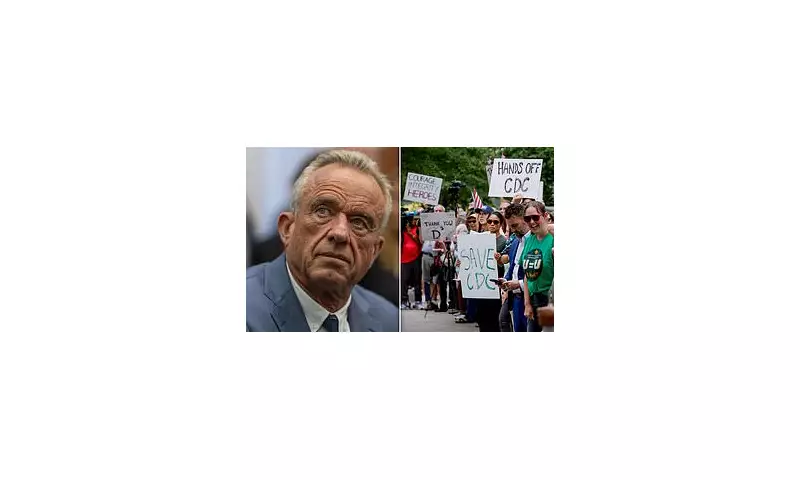
Internal turmoil is rocking the very foundations of the US Department of Health and Human Services (HHS), as a significant number of employees are reportedly in a state of open revolt. The catalyst for this unprecedented internal dissent is the controversial resignation of Robert F. Kennedy Jr. from a pivotal role on the Centers for Disease Control and Prevention's (CDC) vaccine safety panel.
A Resignation That Sparked a Firestorm
According to exclusive reports and internal communications, staff within the mammoth health department are expressing fury and profound disappointment over the circumstances that led to Kennedy's departure. The environmental lawyer and prominent vaccine sceptic was allegedly pressured to step down from his position on the CDC's vaccine safety subcommittee, a move that has not sat well with a faction of HHS workers.
Whistleblowers Break Ranks
The discontent is not simmering quietly behind closed doors. Whistleblowers have come forward, revealing a deep-seated belief that Kennedy's ousting was a politically motivated act of censorship rather than a decision based on scientific merit. These employees argue that his perspective, however controversial, was a necessary part of a robust and transparent safety review process.
The internal backlash suggests a significant rift within the agency, pitting those advocating for a plurality of viewpoints against a perceived establishment narrative. This revolt raises serious questions about the internal culture at HHS and the CDC, particularly concerning how dissenting opinions on critical public health matters are handled.
Implications for Public Trust
This internal strife erupts at a critically sensitive time for public health institutions. Trust in agencies like the CDC has been fragile following the tumultuous pandemic years. An open revolt from within its own ranks threatens to further undermine public confidence, suggesting that the science guiding national health policy may be subject to internal political pressures and ideological conflicts.
The situation continues to develop, but it unequivocally exposes a department grappling with intense internal conflict, casting a long shadow over its decision-making processes and its public-facing unity.





